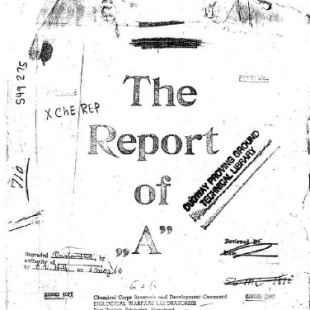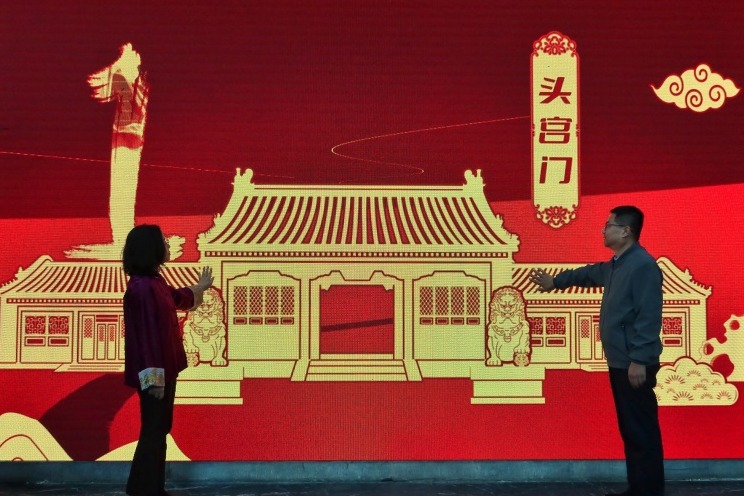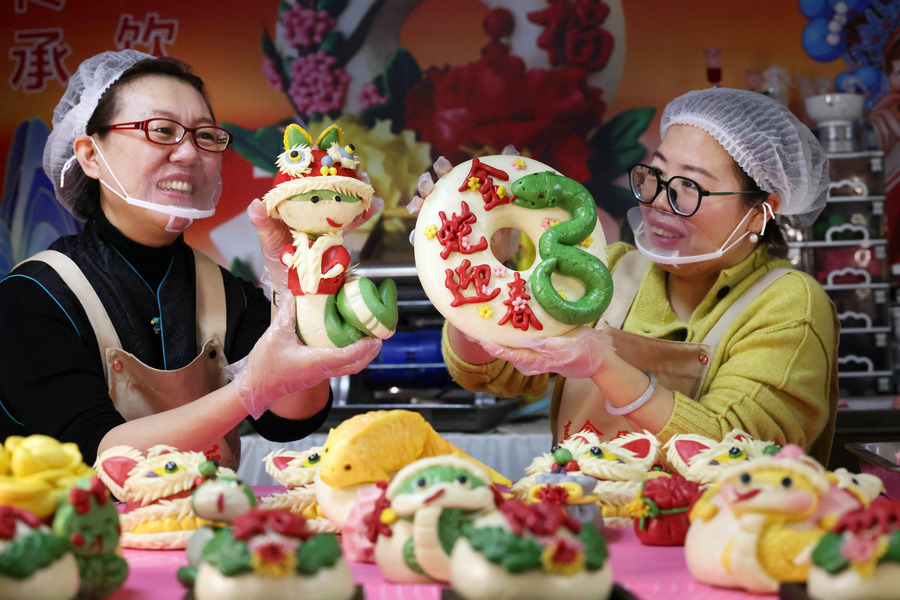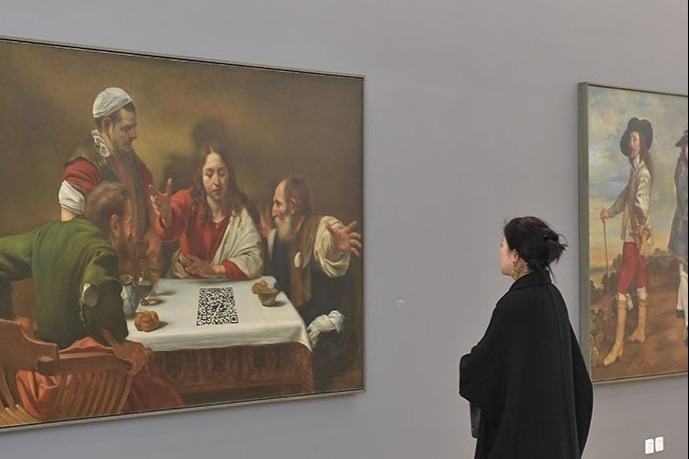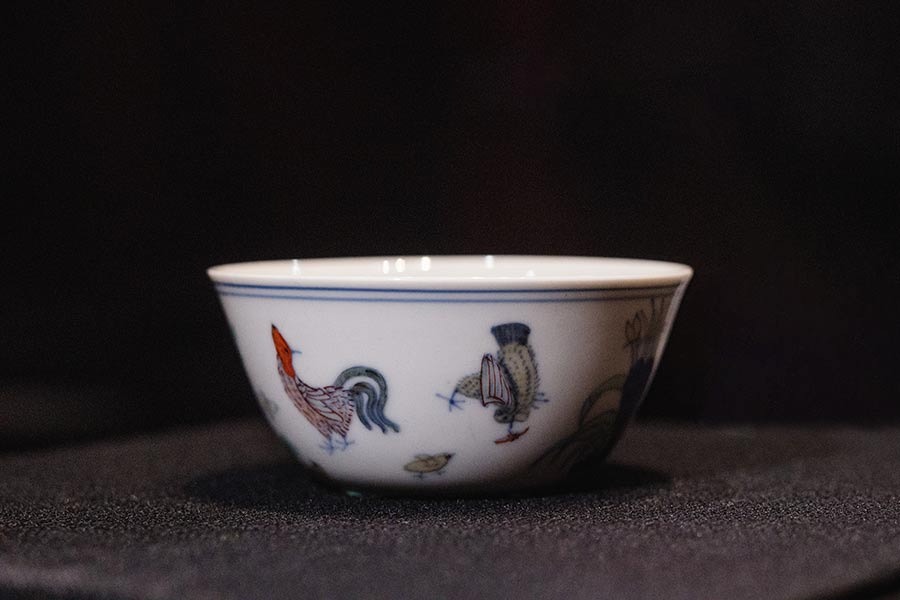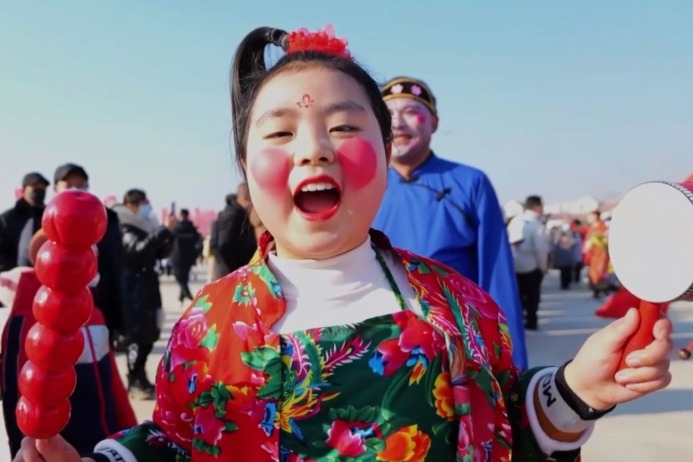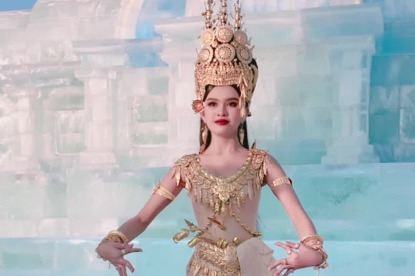Devil's deal stole justice from dead


"A bomb filled with bacteria was placed on the ground and about 20 Manchurians were tied to poles (that is, enough distance to prevent men's death) from the bomb, which were electrically exploded. By the bomb blast ... and its fragments, the plague bacilli and anthrax bacilli penetrated through the wound into human bodies."
This shocking revelation came from Major Tomio Karasawa, 35, who was captured by the Russians in September 1945, in the final days of World War II. Karasawa was an army physician who between 1939 and 1944 worked in Unit 731, a covert biological research and development unit run by the Japanese Imperial Army.
Unit 731, set up in 1932 by General Shiro Ishii, a microbiologist, in the Japanese puppet state of Manchukuo in Northeast China, was responsible for some of the most notorious and little known war crimes in human history. (Manchukuo means the Empire of Manchus, for which the Japanese had installed the dethroned Qing Dynasty emperor Puyi, who was of Manchu ethnicity, as its figurehead ruler.)
The secret unity, based in Pingfang (which Western researchers often call Pinfan) just outside Harbin, the largest city of Manchukuo, and in what is today's Heilongjiang province, not only carried out human vivisections behind its high walls and produced vast quantities of germs to spread all over China, but also acted as an evil core for what the late US historian Sheldon H. Harris called "factories of death" that it had set up across Japan-occupied Asia.
The Russians, who acquired Karasawa's affidavit during their interrogations, soon brought it to the attention of the International Prosecution Section (IPS) of the International Military Tribunal for the Far East (IMTFE), convened in April 1946 in Tokyo to try Japanese war criminals.
"We do not consider that the evidence now available is sufficient to justify an assurance that any of the accused can be associated with this activity by any of the criteria adopted by the Court with reference to atrocities and prisoners of war offenses," was the reply on Dec 13, 1946 from Frank S. Tavenner Jr, US associate prosecutor of the IPS.
Tavenner's phrase "Any of the accused" covered, among others, General Yoshijiro Umezu, who, between 1939 and 1944, was commander of the Kwantung Army that controlled Manchukuo, and a direct superior and chief supporter of Ishii. The army, together with the imperial army's military police army Kempeitai, ruled with an iron fist. The latter kept Ishii's laboratories supplied with captives-the Manchurians in Karasawa's affidavit, referred to internally as maruta, a Japanese word meaning logs, by those who performed vivisections.


